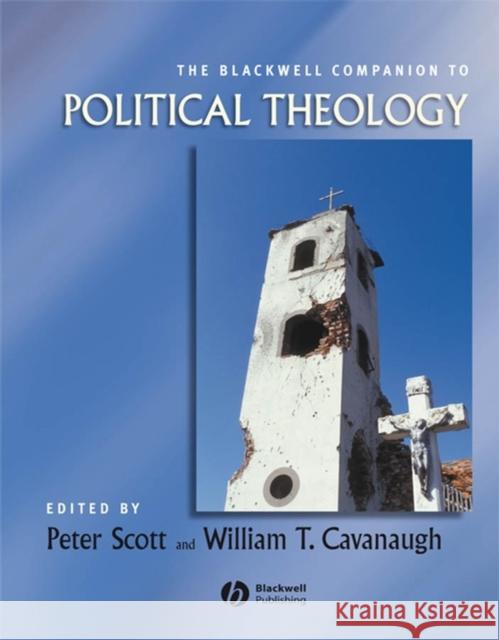Blackwell Companion Political Theology » książka
topmenu
Blackwell Companion Political Theology
ISBN-13: 9781405157445 / Angielski / Miękka / 2006 / 576 str.
Written by a team of international experts, drawn from various traditions of political theology, this outstanding resource brings together 35 newly-commissioned essays in the field.
- Demonstrates that Christian theology is inherently political and shows how theology impacts on present-day political issues.
- Considers the interface of theology with political ideologies, including the contribution of theology to feminist, ecological, black and pacifist movements.
- Assesses the contribution of the major political theologians and theological movements.
- Explores the political aspects of Christian sources such as scripture and liturgy.











